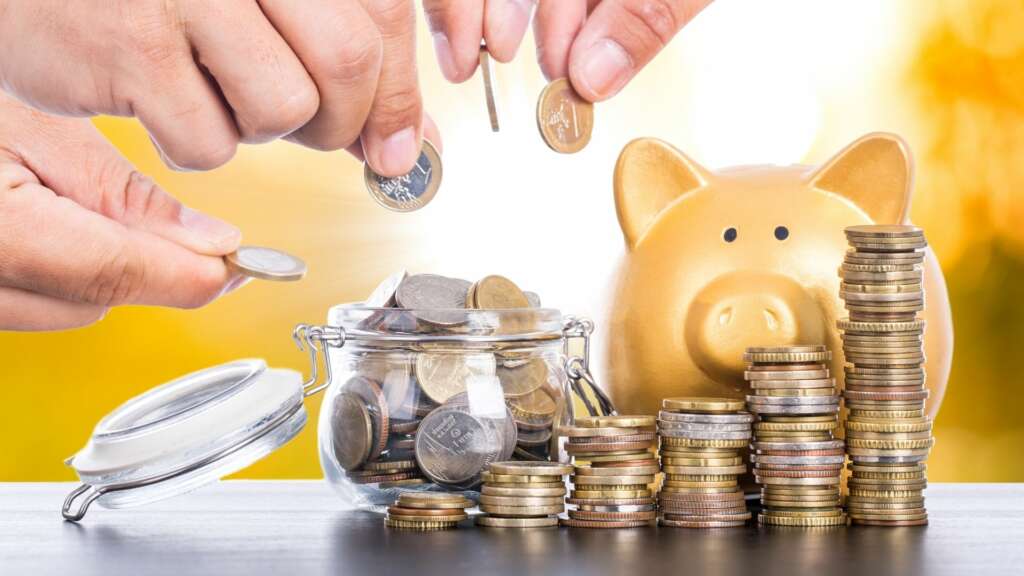How to budget your money for emergencies? Well, the answer may surprise you. This is one of those questions that has to be asked before you spend.
Most of us are accustomed to using our bank or credit card accounts to make payments and make purchases when we need to have money. Usually, you would budget to cover the expenses, save some for emergencies and have lots left over for fun, which can really take over a month at a time. However, when you are budgeting your money in a financial emergency, you need to focus on what is important.
There are many ways that you can start planning how to budget your money for a financial emergency. You can either use a spreadsheet program, write it down in your personal notebook, or even do it online using Google’s free spreadsheet program. It does take some time to learn how to do it but in the end, it will make your life much easier in the future. You will have more control and better decisions when budgeting. It will also help you get organized and be less stressed out about your finances.
The most important part of managing your budget is to start with where you want to spend your money. If you are spending money that is not necessary, you can cut down on your spending immediately. This will save you from being in debt, and even if you do have a lot of money to spend, you should start with the essential expenses such as food and shelter and then move on to luxuries, like entertainment, travel and shopping.
So now that you know how to budget your money for emergencies, what other things should you be paying attention to? First, the first step is to figure out the income that you currently have. Once you have the amount of money that you have, you will need to find out the number of expenses that you need to make a monthly payment on. Remember that if you need more money to purchase things, this should be added to your income to add up to the total.
This way, you will be able to spend the extra money in any area that you want to. After you have your income and expenses, you can then find out which expenses are the biggest ones and which ones are the smallest. You will need to create an emergency budget that you can stick to. This budget should include all of the essentials like food, shelter, clothing and entertainment. You may also want to include money for medical emergencies like your prescriptions, medications and other health care needs.
Once you have the expenses that you need to cover, put them in the order that you need to spend them. This is how to budget your money for emergencies and it will help you manage your money better. You may need to make adjustments based on how you are spending money. This will help you stay organized and make sure that you get all of your expenses covered.
When you are done with your budget, start putting the emergency expenses into the emergency fund. By doing this, you will have enough money to have more than enough money in case of an emergency.
After putting the emergency expenses in, you can now start working on ways to use some of the extra money to pay down your debt. If your bills are high, you may not have much left over when it comes time to pay the rest of your debt. The best way to reduce your debt is to negotiate with your creditors.
In order to help reduce your debt, you need to talk to your creditors about getting a lower interest rate on your debt. They may be willing to reduce your monthly payments so that you can afford to make them. You can also negotiate to have some late fees waived. and interest fees removed.
Now that you know how to budget your money for emergencies, all that is left is to figure out the ways that you will pay off your debt once your emergency fund is full. It will help to find a company that can assist you in consolidating your debt, but make sure that you are getting a good interest rate as well. This way you will be able to pay your debt off quickly and stay out of debt. Once you have done that, you will be able to keep your credit card balances low and be on the road to financial freedom.
